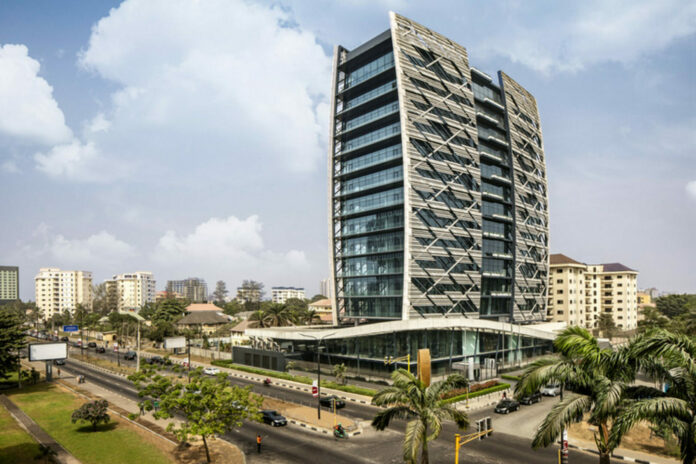As Nigeria grapples with an economic crisis triggered by the government’s removal of petrol subsidies and the unification of FX windows, the UK-based Diageo has become the latest in a string of about 15 multinational companies to exit the country over the past three years.
On Tuesday, June 11, Diageo announced it would sell its 58.02% stake in Guinness Nigeria to Tolaram.
Diageo joins other companies like Kimberly-Clark, makers of Huggies and Kotex diapers, US-based Procter and Gamble (P&G), GlaxoSmithKline (GSK), Unilever and Sanofi-Aventis Nigeria, who are either exiting completely or reducing their presence in a country experiencing its worst cost-of-living crisis in decades.
In November 2023, Unilever Nigeria announced its exit from the home care and skin cleansing markets in Nigeria, citing the need to find a more sustainable and profitable business model.
Procter & Gamble followed suit, announcing its departure the same year. These companies and others cited reasons such as high energy costs, currency depreciation, and insecurity.
The Federal Government acknowledged these challenges in an interview with Minister of Finance Wale Edun on Channels Television’s Sunday Politics program.
Edun explained that the lack of a liquid foreign exchange market was a major reason why some multinational companies exited Nigeria, as their inability to access foreign exchange significantly hindered their operations.
Additionally, the Director-General of the Nigeria Employers’ Consultative Association (NECA), Adewale Oyerinde, revealed that at least 15 multinationals have either divested or partially closed operations in the country over the past three years.
Oyerinde noted that over 15 organizations, employing over 20,000 people in total, have either divested or partially closed operations, which has serious repercussions for businesses, labour, government revenue, and households.
He warned of massive job losses across sectors, which could exacerbate insecurity issues.
He added that NECA is particularly concerned about the ripple effects on the broader business ecosystem following the exit of prominent companies like GSK, Sanofi, Procter & Gamble, and Nampak, which have been significant employers in Nigeria for decades.
Within the value chain, many enterprises serve as suppliers to these major corporations, and their sustainability is severely compromised when the primary businesses they depend on leave.
The survival of these secondary businesses and their employees is at risk, as the departure of their main clients could lead to their closure. Oyerinde emphasized that the crisis within the value chain needs more attention than it currently receives.
Microsoft is also on the list of companies affected. After reducing its workforce in Nigeria by half, Microsoft plans to scale back its office space at the Kings Tower building in Ikoyi from six floors to two.
Microsoft reclaims world’s most valuable company position from Nvidia
This move indicates a reduction in its Nigerian operations. According to a source with direct knowledge of Microsoft’s business, the global technology company may not renew its lease in 2025 when the current agreement expires.
“Organizational and workforce adjustments are a necessary and regular part of managing our business,” Microsoft said in an emailed statement. “As we navigate these changes, Microsoft remains steadfast in our commitment to Africa’s growth and development.”
Microsoft’s sales team, which was mostly unaffected by the earlier layoffs, will occupy the two remaining floors for the next year.
The layoffs in May and July 2024 primarily impacted the engineering team in Nigeria after the company shut down its African Development Centre (ADC) in Lagos.
A source familiar with the situation stated that the engineers who remained have been asked to relocate to Kenya to join new projects.
“While we have made the difficult decision to close the Africa Development Centre in Nigeria, we want to emphasize that this move does not diminish our commitment to Nigeria and the region,” a spokesperson for Microsoft said.
“We will continue to operate in Nigeria, actively supporting the country’s transformation objectives. Our investment in key growth areas remains unwavering, and we are determined to contribute to Africa’s progress by providing digital solutions, fostering innovation, and empowering local talent.”
After it closed the ADC in June 2024, Olatomiwa Williams, the company’s Nigerian MD, met with Finance Minister Wale Edun and shared a similar message.








